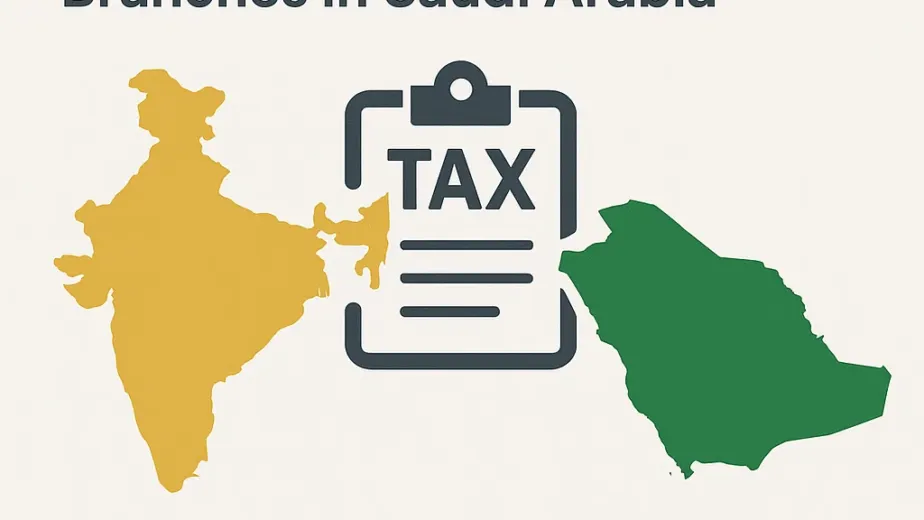
As Saudi Arabia accelerates its economic diversification goals under Vision 2030, foreign-owned businesses must keep pace with evolving compliance mandates. One such key requirement is the Foreign Direct Investment (FDI) Survey, introduced by the Ministry of Investment (MISA) to increase transparency and oversight of foreign capital in the Kingdom.
This quarterly reporting obligation is now central to regulatory compliance. The recently enacted Investment Lawunderscores the strategic role of this survey, potentially shaping future FDI screening frameworks. Here’s what businesses need to know to stay aligned.
What is the FDI Survey?
Launched in 2024, the FDI Survey is a mandatory quarterly filing for all entities with foreign ownership operating in Saudi Arabia. Companies are required to provide business, financial, and ownership data through the official MISA portal.
Non-compliance can lead to blocked access to critical services like license renewals, amendments, or new applications on the MISA platform—jeopardizing business continuity.
Key Sections of the FDI Survey
The survey is structured into five main categories. Each section demands accurate and up-to-date information:
1. Company Information
This section captures the company’s legal and structural details, including:
- Type of legal entity (LLC, branch, JV)
- Commercial Registration (CR) details
- Business activity per ISIC classification
- Nationality-based ownership breakdown
- Group affiliation (e.g., part of an MNE)
2. Shareholder Equity
You’ll need to report your equity position as of the current quarter:
- Paid-up capital and capital injections
- Retained earnings and net profit/loss
- Dividends declared
- Equity changes such as share transfers or capital increases
- Head office account details (if a branch office)
3. Cross-Border Transactions
This covers financial flows between the business and foreign stakeholders:
- Capital inflows/outflows
- Dividend payments
- Reinvested earnings
4. Intra-Group Dealings
For companies interacting with related foreign entities, this section includes:
- Royalties, service fees, and technical support charges
- Loans between group entities
5. Foreign Assets & Liabilities
You’ll be asked to declare:
- Loans from/to non-resident parties
- Investments or equity interests held abroad
- Other financial obligations involving foreign entities
Required Documentation
Accurate reporting relies on proper documentation. Ensure you gather and review the following:
A. Company Identity & Equity:
- MISA investment license
- Commercial registration (CR)
- UBO declaration
- Shareholder register
B. Financial Data & Cross-Border Transactions:
- Financial statements (audited/unaudited)
- GL reports and supporting schedules
- Bank statements for relevant periods
- Inter-company contracts and payment records
Also, update records for any events during the quarter, such as capital restructuring or dividend payments.
What If You Miss the Deadline?
Delays or incorrect filings can result in:
- Limited access to the MISA portal
- Inability to make licensing modifications or renewals
- Delays in approvals from government entities
- Potential reputational risks and closer regulatory scrutiny
While no financial penalties are currently imposed, stricter enforcement measures may be introduced in future updates to the framework. Submissions are typically due within 15 to 30 days after each quarter’s end.
Why Compliance Matters
This survey goes beyond administrative reporting—it’s a cornerstone of regulatory transparency and essential for operational stability in KSA. By contributing data to this initiative, your company supports Saudi Arabia’s long-term goal of building a pro-investment economy and fostering sustainable growth.



